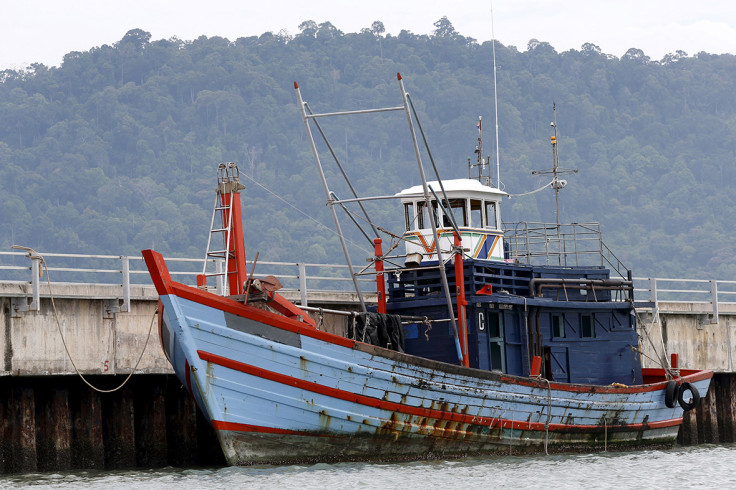Malaysia: New boat with 500 desperate Rohingyas located off Penang

A new boat crowded with more than 500 refugees - Rohingya Muslims from Myanmar and Bangladeshis - has been located off the coast of Penang island in northern Malaysia, according to an official and a rights group.
The overcrowded boat is full of desperate people and it is unclear what authorities are planning to do next.
"We are hearing that their plight is desperate but we are unsure what the fate of the boat is. We urge the Malaysian government to give these Rohingya refugees protection and shelter," Zafar Ahmad, head of the Myanmar Ethnic Rohingya Human rights Organization of Malaysia, told AP.
The development comes as the fate of another boat crammed with 350 Rohingyas and abandoned by Thai smugglers off the coasts of the Malaysian island resort of Langkawi is still uncertain. The migrants, including 50 women and 84 children, asked for help on a telephone call to Chris Lewa, an activist at the Arakan Project. They reportedly have had no food or water for three days.
"We are really concerned about these people because we have seen many instances of malnutrition or passengers suffering from beriberi [a disease caused by vitamin deficiency]," Jeff Labovitz, spokesman for the International Organization for Migration (IOM), told IBTimes UK. "They need immediate humanitarian assistance: beriberi leaves you like a living skeleton."
On 11 May, more than 1,000 of them arrived on the island of Langkawi and a further 600 came ashore in Indonesia, joining tens of thousands who are living and working in Thailand, Malaysia and Indonesia, and a smaller number who manage to reach Australia or India.
But the IOM believes as many as 8,000 migrants are stranded at sea on smugglers' boats between the Andaman Sea and the Straits of Malacca.
Following the discovery last week of dozens of human remains in abandoned smugglers' camps in the south of Thailand, police have launched a crackdown on people smugglers.
That has prompted the human traffickers to bring the Rohingyas offshore, rather than onshore, for fear of being arrested, according to Labovitz.
Earlier on Tuesday, Indonesia said it had pushed back a boat carrying hundreds of migrants believed to be from Myanmar and Bangladesh.
The UN refugee agency spokesperson Adrian Edwards has appealed to governments in South-east Asia to step up search-and-rescue operations to save the stranded migrants.
Malaysia said it would turn away any more vessels unless they were sinking.
"We won't let any foreign boats come in. If the boats are seaworthy, we will give them provisions and send them away," Tan Kok Kwee, northern regional chief for Malaysia's maritime enforcement agency, told AP.
© Copyright IBTimes 2025. All rights reserved.





















